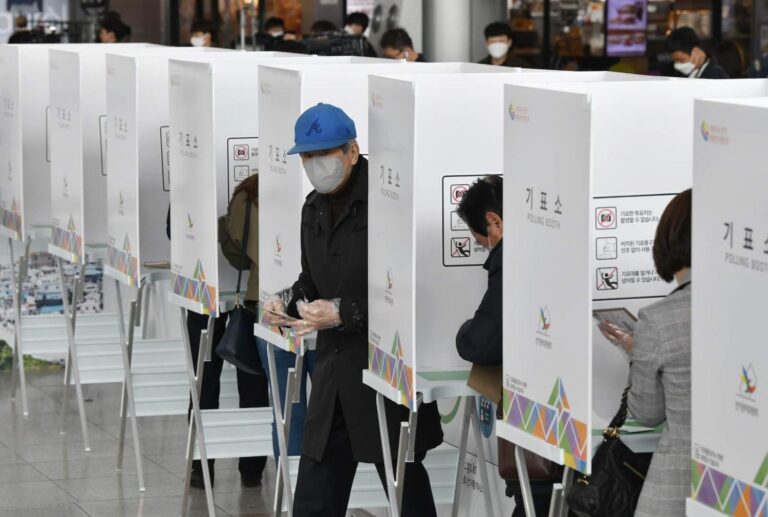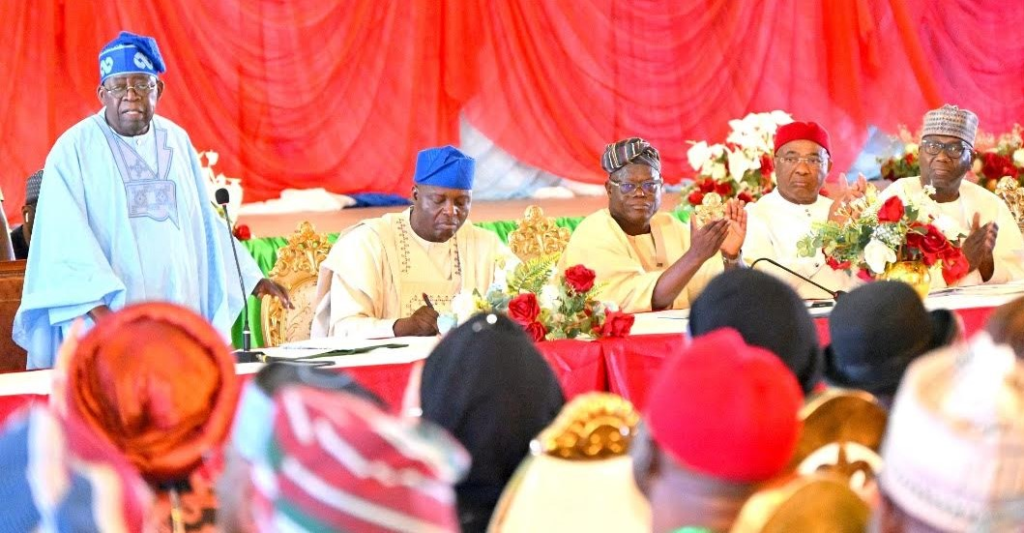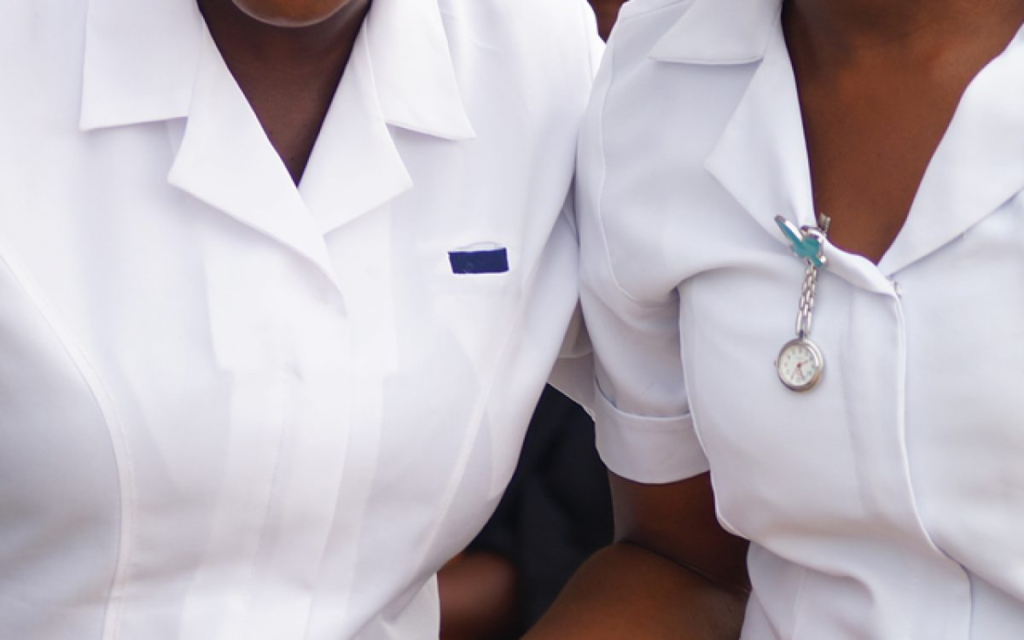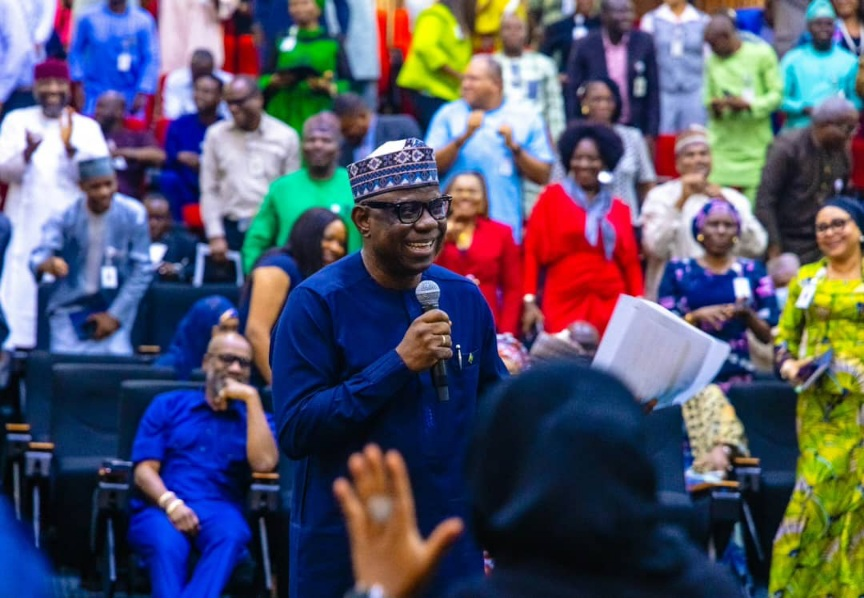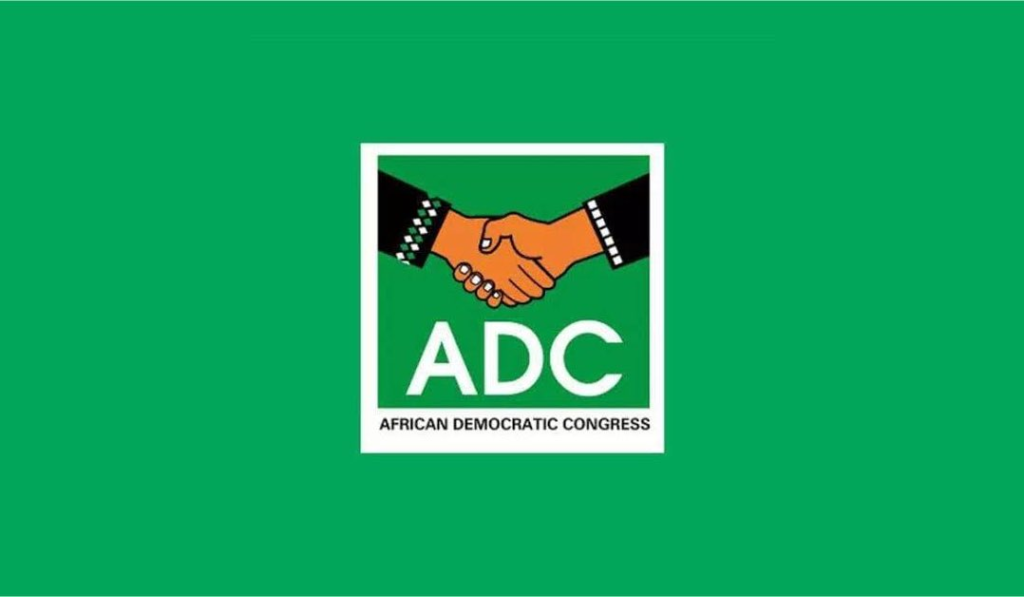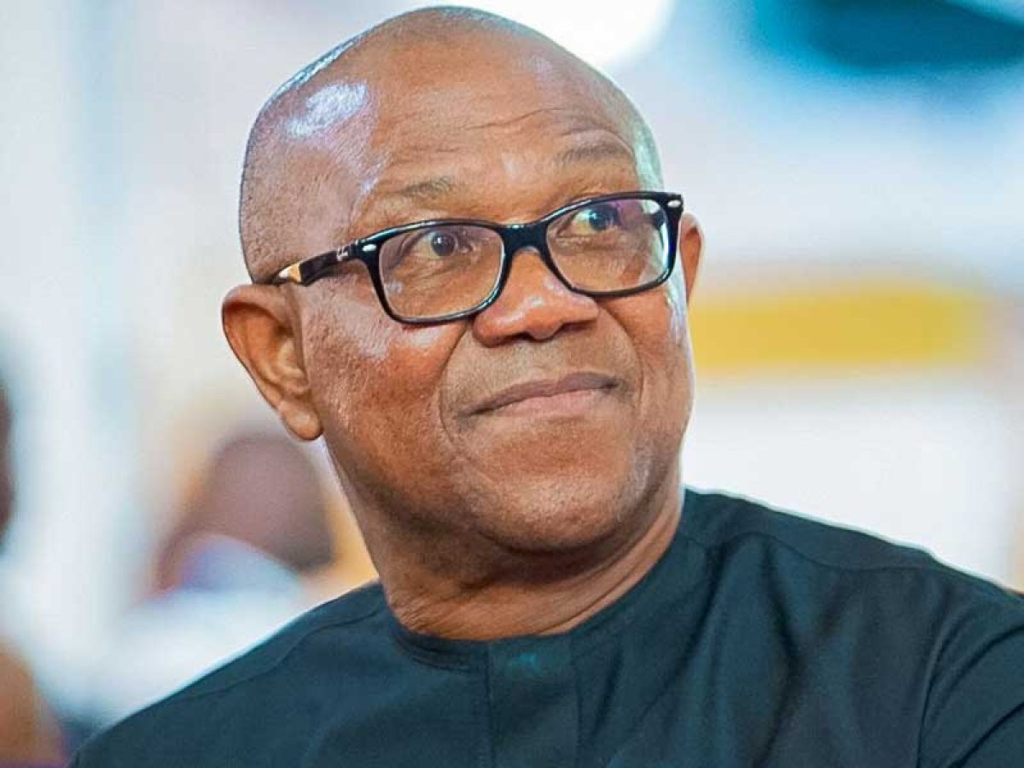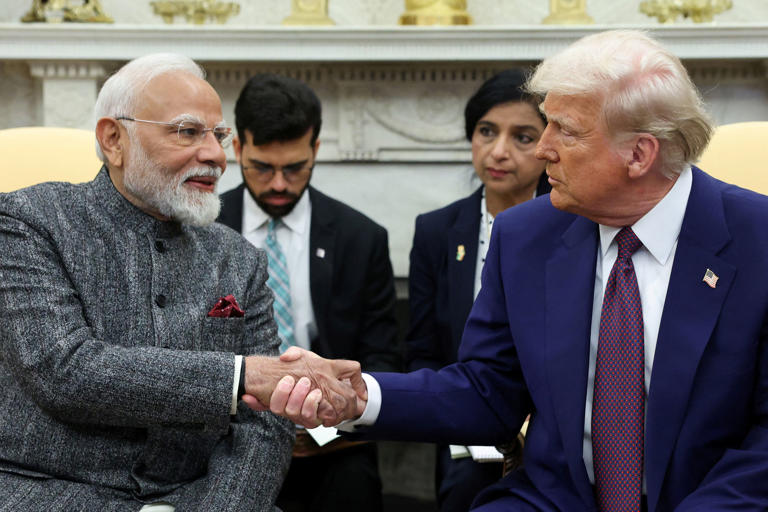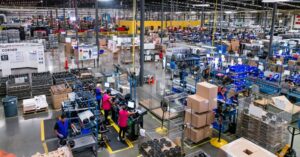South Koreans flocked to the polls in unprecedented numbers on Thursday for early voting in the country’s snap presidential election, set for June 3, as the nation grapples with political unrest and economic uncertainty.
According to the National Election Commission, more than 3.1 million people—amounting to 7.00% of eligible voters—had cast their ballots by 11 a.m. local time (0200 GMT), marking the highest early turnout ever recorded for a presidential race. The figure surpasses the 5.38% turnout at the same point during the 2022 election.
The early vote follows months of political turmoil that culminated in the resignation of President Yoon Suk Yeol after a failed attempt to declare martial law. The election is widely viewed as a pivotal moment for South Korea, with key issues including economic recovery, energy reform, and gender equity dominating the campaign.
Liberal frontrunner Lee Jae-myung of the Democratic Party cast his vote Thursday morning in a university neighborhood in Seoul. “To overcome today’s crisis and begin anew as a Korea of recovery and growth, please make your voices heard,” he urged voters.
Lee’s remarks came shortly after the Bank of Korea slashed its interest rate and downgraded its 2025 GDP growth forecast from 1.5% to 0.8%, highlighting the economic headwinds facing the incoming president. Lee has promised to create a Ministry of Climate and Energy and restructure the Ministry of Gender Equality and Family to address concerns of inequality and social cohesion.
Conservative rival Kim Moon-soo of the People Power Party and Lee Jun-seok of the New Reform Party also cast their ballots. The final Gallup Korea poll before Wednesday’s opinion blackout showed Lee Jae-myung leading with 49% support, followed by Kim at 35% and Lee Jun-seok at 11%.
Kim had previously closed a wide 20-point gap with Lee, but his efforts to consolidate conservative support were hampered by Lee Jun-seok’s refusal to drop out and back him.
With 44.39 million eligible voters, early voting will continue through Friday, with the official election day next Monday. The result is expected to chart the course for South Korea’s economic and political future.

